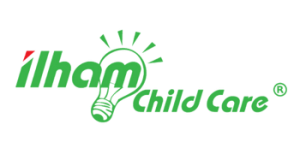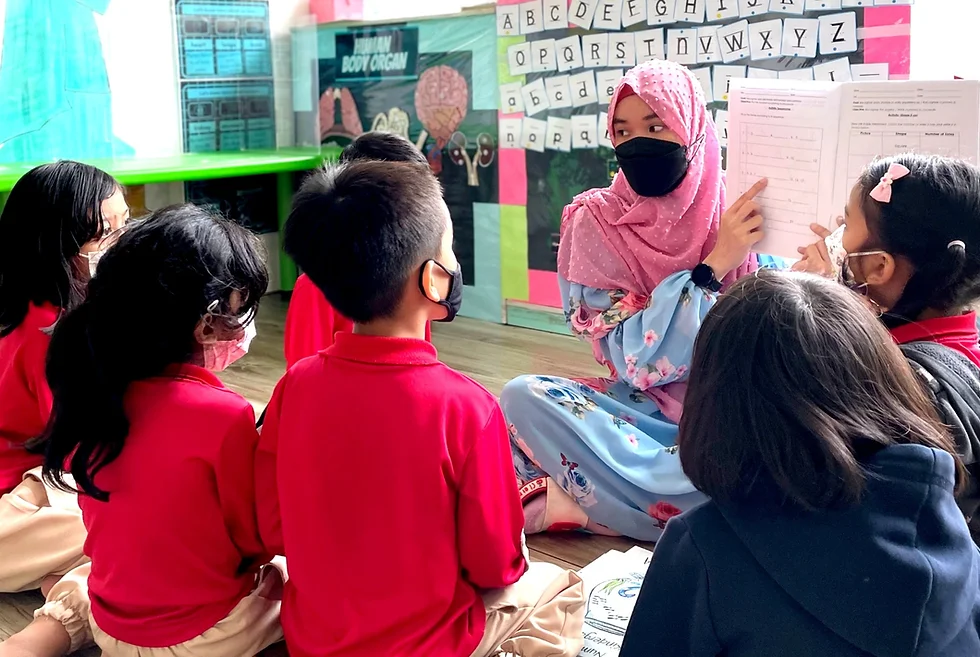At Ilham Child Care, we believe in nurturing children not just through education but also through wholesome, nutritious meals inspired by our rich Islamic heritage. Sunnah foods, those consumed or recommended by Prophet Muhammad (PBUH), are not only culturally significant but also packed with health benefits. Let’s explore the importance of Sunnah foods and how we incorporate them into our menu to support children’s growth and well-being.
What Are Sunnah Foods?
Sunnah foods are those that were part of the diet of Prophet Muhammad (PBUH) and recommended in Islamic tradition for their physical and spiritual benefits. These foods, rooted in the Prophetic diet, are not only staples of healthy eating but also provide a connection to our faith and heritage.
Benefits of Technology in Early Childhood Education
Adding Sunnah foods to children’s meals offers numerous advantages:
Nutritional Value
Sunnah foods like dates, honey, and barley are rich in essential nutrients, vitamins, and antioxidants that support a child’s growth and immunity.
Promotes Healthy Eating Habits
Introducing natural, wholesome foods early in life sets the foundation for lifelong healthy eating patterns.
Connection to Cultural and Religious Heritage
Teaching children about the significance of Sunnah foods helps them appreciate Islamic traditions and values.
By embracing Sunnah foods, we provide children with both physical nourishment and spiritual enrichment.
Key Sunnah Foods and Their Nutritional Profiles
Here’s a closer look at some popular Sunnah foods and their incredible benefits:
Dates
Dates are a staple of the Prophetic diet, known for their high energy content and rich nutritional profile.
• Benefits: Provide a quick energy boost, aid digestion, and are a natural source of potassium and magnesium.
Honey
Described as a “healing gift” in the Qur’an, honey is a natural sweetener with antibacterial and antimicrobial properties.
• Benefits: Soothes sore throats, strengthens the immune system, and promotes wound healing.
Barley
Barley was frequently consumed by the Prophet (PBUH) in dishes like barley soup.
• Benefits: Rich in fibre and essential nutrients, barley supports digestive health and lowers cholesterol.
Olives and Olive Oil
Mentioned in the Qur’an, olives and their oil are packed with healthy fats and antioxidants.
• Benefits: Promote heart health, reduce inflammation, and support brain function.
Figs
Figs are another Sunnah food celebrated for their nutritional density.
• Benefits: High in fibre, they aid digestion and are rich in vitamins and minerals like calcium and potassium.
Cucumbers
Cucumbers were consumed alongside dates by the Prophet (PBUH) for their hydrating properties.
• Benefits: Keep the body hydrated and support skin health.
How Ilham Child Care Incorporates Sunnah Foods
At Ilham Child Care, we integrate Sunnah foods into our meals to ensure children enjoy their nutritional and spiritual benefits. Examples include:
– Barley Porridge with Honey and Dates: A wholesome and energy-packed breakfast option.
– Cucumber and Olive Salad: A refreshing side dish rich in hydration and healthy fats.
– Whole Grain Bread with Black Seed Topping: A nutrient-dense snack packed with immune-boosting properties.
Our carefully planned meals not only nourish children but also educate them about the significance of Sunnah foods in a fun and engaging way.
The Role of Sunnah Foods in Holistic Growth
Sunnah foods are not just nutritious—they are a bridge to our faith and cultural heritage. By embracing these foods, we give our children the tools to thrive physically, emotionally, and spiritually.
At Ilham Child Care, we are committed to integrating Sunnah foods into our programs to support your child’s holistic development.

 Take the First Step
Take the First Step
